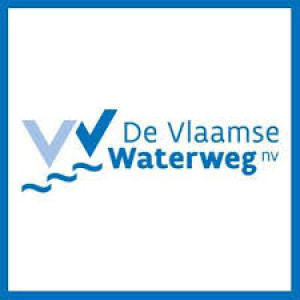Digital Europe
Our services
How to get started
By informing and spreading awareness, we ensure that the different funding programmes become known and readily accessible to all potential applicants.
Project development
We ensure that you have all the necessary information and knowledge to participate in the Horizon Europe programme
What has been realised
Sometimes an example says more than a thousand explanations. Especially to reveal the diversity of the Horizon Europe programme
myOVERVIEW
-
sign up for personalised information
We offer news and event updates, covering all domains and topics of Horizon 2020 & Horizon Europe.
Stay informed about what matters to you.
By signing up, you can opt in for e-mail notifications and get access to
a personalised dashboard that groups all news updates and event announcements in your domain(s).
Only for stakeholders located in Flanders
Latest news
all newsHealth AI, data & cloud Deployment: Best use of technologies
Call for tender: Platform for Advanced Virtual Human Twin (VHT) Models
Upcoming events
all eventsTestimonial

Autoship - a new and durable way of freight transport
Autoship is, as the name suggests, an acronym for autonomous ship. Just like with self-driving cars, the possibilities of an unmanned boat seem endless. It can create more efficient freight transport, around the clock deliveries and these are just a few of the examples. The project has two societal challenges.
At first, De Vlaamse Waterweg was a bit hesitant as their experience with FP7 or Horizon 2020 projects was limited and they had not been very successful up until then. The fact that they were already doing basic research on the topic of autonomous boats, and the administrative help of NCP FLanders helped De Vlaamse waterweg to cross the line and get involved.

